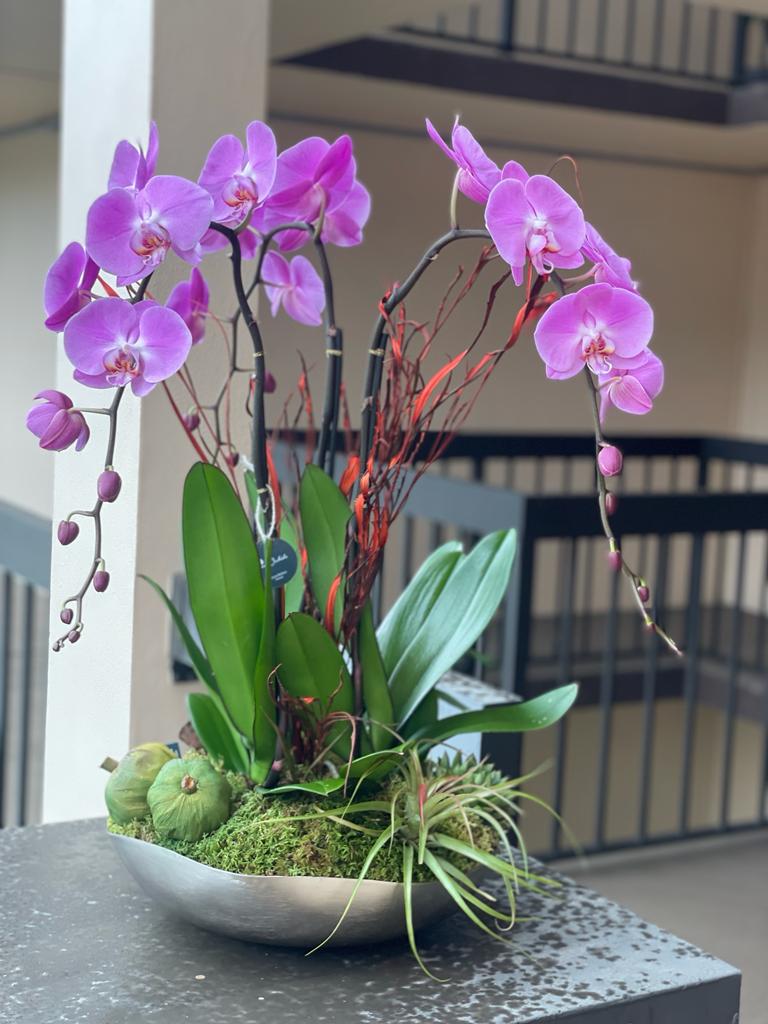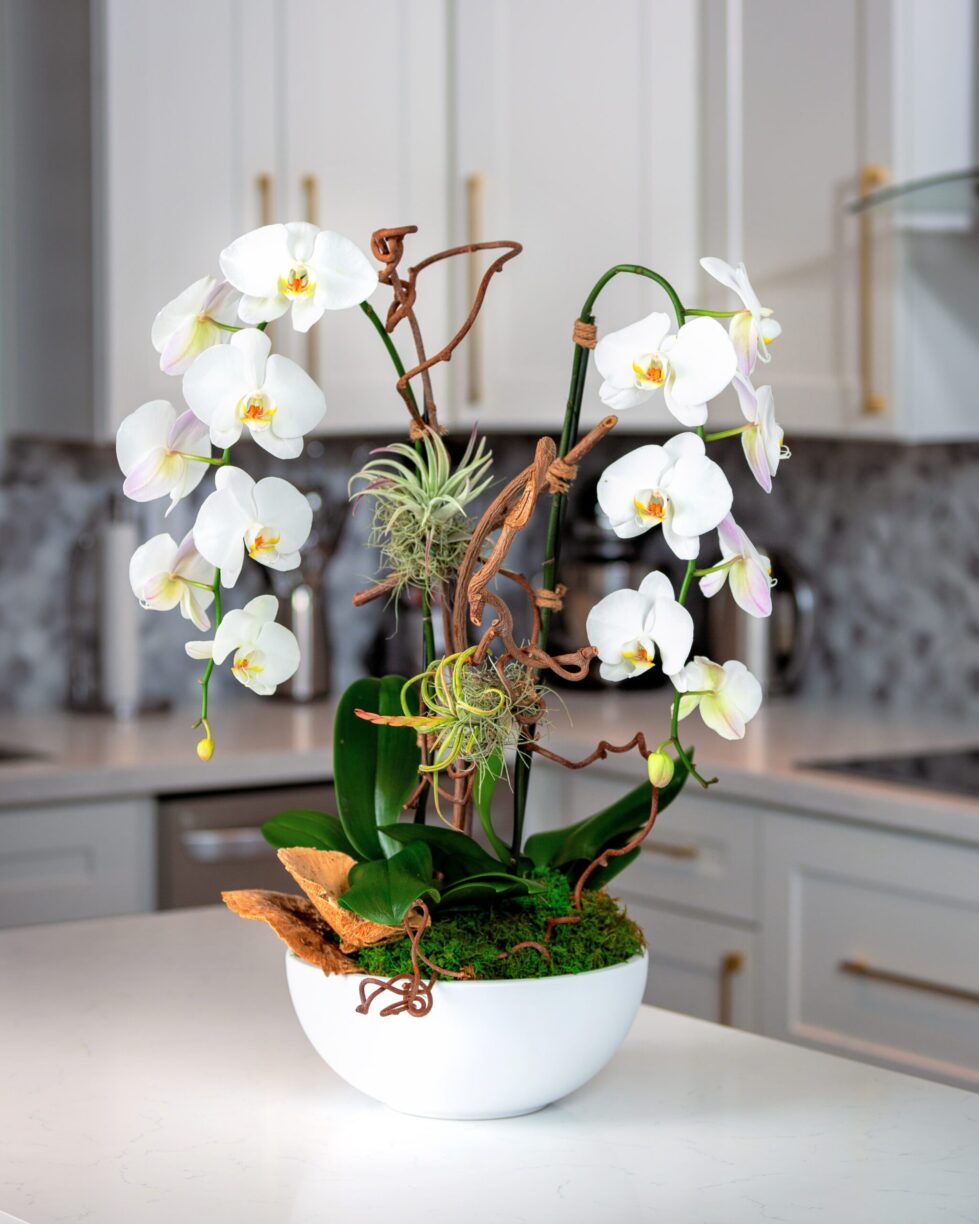
One way to combat the dryness in your home and improve the air quality is by incorporating indoor plants. Plants have the ability to release moisture into the air through a process called transpiration. This natural process helps to increase humidity levels and add moisture to the dry indoor air.
In addition to adding moisture, indoor plants also have the ability to purify the air. They can absorb harmful pollutants and release oxygen, creating a healthier environment for you and your family. Studies have shown that certain plants can effectively remove toxins such as formaldehyde, benzene, and trichloroethylene from the air.

Indoor plants are not only aesthetically pleasing but they also have numerous health benefits. They play a crucial role in creating a healthier and more comfortable living environment.
The Importance of Indoor Plants
Indoor plants contribute significantly to interior design. They add a touch of nature to the indoor space, enhancing the overall look and feel of the room.
The Role of Indoor Plants in Home Decor
Indoor plants can be used as a focal point in a room or to add a touch of color and life to a dull space. They can be placed in different areas of the house, such as the living room, kitchen, or bedroom, to create a refreshing and vibrant atmosphere.
The Health Benefits of Indoor Plants
Indoor plants offer numerous health benefits. They improve air quality, boost mental health, enhance productivity, and promote better sleep.
Indoor Plants and Air Quality
Indoor plants have the ability to purify the air by absorbing harmful pollutants and releasing oxygen. Studies have shown that certain plants can effectively remove toxins such as formaldehyde, benzene, and trichloroethylene from the air.
Indoor Plants and Mental Health
Indoor plants can also have a positive impact on mental health. They can help reduce stress and anxiety, improve mood, and promote a sense of well-being.
The Effect of Indoor Plants on Productivity
Having indoor plants in the workspace can boost productivity. They can help improve concentration and memory, leading to better performance and efficiency at work.
Indoor Plants and Sleep Quality
Certain types of indoor plants can improve sleep quality. They release oxygen and absorb carbon dioxide at night, which can help improve air quality and promote better sleep.
Types of Indoor Plants and Their Benefits
There are various types of indoor plants, each with its own unique benefits.
Aloe Vera
Aloe Vera is known for its healing properties. It can purify the air and also be used to treat minor burns and cuts.
Snake Plant
The Snake Plant is a hardy plant that requires minimal care. It can survive in low light conditions and is known for its ability to purify the air.
Spider Plant
The Spider Plant is an easy-to-care-for plant that can thrive in a range of conditions. It is known for its ability to remove formaldehyde and xylene from the air.
Peace Lily
The Peace Lily is a beautiful plant that can purify the air. It can also help to increase humidity levels and reduce the levels of mold spores in the home.
Caring for Indoor Plants
Taking care of indoor plants requires knowledge and understanding of their specific needs.
Watering Indoor Plants
Watering needs vary depending on the type of plant. Overwatering can be just as harmful as underwatering, so it’s important to understand the watering needs of your specific plants.
Sunlight and Indoor Plants
Different plants require different amounts of sunlight. Some plants thrive in direct sunlight, while others prefer indirect light.
Potting and Repotting Indoor Plants
Choosing the right pot and knowing when to repot your plants can help ensure their health and longevity.
Conclusion
Indoor plants offer numerous benefits, from improving air quality to boosting mental health. They are a great addition to any home, contributing to a healthier and more comfortable living environment.
The Impact of Indoor Plants on Overall Well-being
Indoor plants can have a significant impact on overall well-being. They can help create a healthier, more comfortable living environment, improve mental health, boost productivity, and even promote better sleep.
FAQs
- What are the best indoor plants for improving air quality?
- How often should I water my indoor plants?
- Do all indoor plants need direct sunlight?
- When should I repot my indoor plants?
- Can indoor plants really improve mental health?
Best Plants for Improving Indoor Air Quality
While all plants contribute to increasing humidity levels and purifying the air, some are more effective than others. Here are a few plants that are known for their air-purifying qualities:
- Snake Plant (Sansevieria): This plant is known for its ability to remove toxins from the air, particularly formaldehyde. It is also a low-maintenance plant, making it perfect for beginners.
- Spider Plant (Chlorophytum comosum): Spider plants are excellent at removing formaldehyde and carbon monoxide from the air. They are also non-toxic to pets, making them a safe choice for households with animals.
- Peace Lily (Spathiphyllum): Peace lilies are known for their ability to remove toxins such as benzene, formaldehyde, and trichloroethylene. They also add a touch of elegance to any room with their beautiful white flowers.
- Orchids
Improve the Air Quality in Your Home with Orchids

Orchids are not only beautiful and exotic plants, but they also have the ability to purify the air. They release oxygen and absorb carbon dioxide during the day, making them perfect for improving indoor air quality. Additionally, orchids can remove toxins such as formaldehyde, benzene, and xylene from the air, which are commonly found in household products and furniture.
To maximize the air-purifying benefits of orchids, here are a few tips:
- Place orchids in different rooms of your home to ensure maximum air purification.
- Water orchids regularly to keep them healthy and thriving.
- Provide adequate sunlight for orchids to promote their growth and air-purifying abilities.
By incorporating orchids into your home decor, you not only enhance the aesthetic appeal but also create a healthier living environment for you and your family. So, why not bring home some beautiful orchids and breathe in cleaner air?
Caring for Indoor Plants
While indoor plants can greatly improve the air quality in your home, they do require some care to thrive. Here are a few tips to keep in mind:
- Watering: Make sure to water your plants regularly, but be careful not to overwater them. Most indoor plants prefer slightly moist soil.
- Light: Different plants have different light requirements. Make sure to place your plants in areas that receive the appropriate amount of sunlight.
- Temperature: Most indoor plants thrive in temperatures between 60-75°F (15-24°C). Avoid placing them near drafts or in areas with extreme temperature fluctuations.
- Fertilizer: Some plants may benefit from occasional fertilization. Follow the instructions on the fertilizer packaging and avoid over-fertilizing.
By incorporating indoor plants into your home, you can improve the air quality and create a healthier living environment. Not only do plants add beauty and freshness to your space, but they also offer numerous health benefits. So why not bring a little bit of nature indoors and enjoy the positive effects it can have on your well-being?
